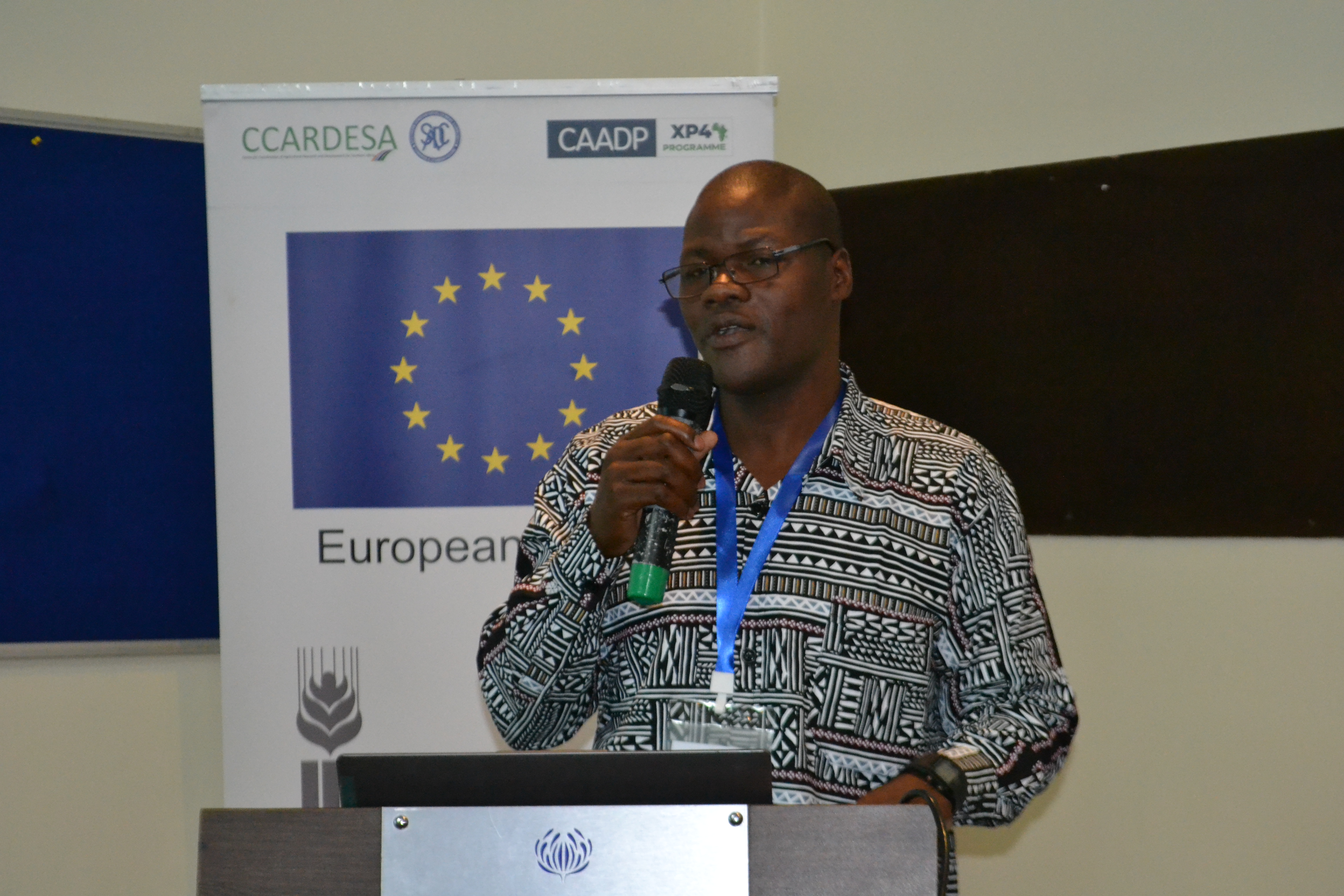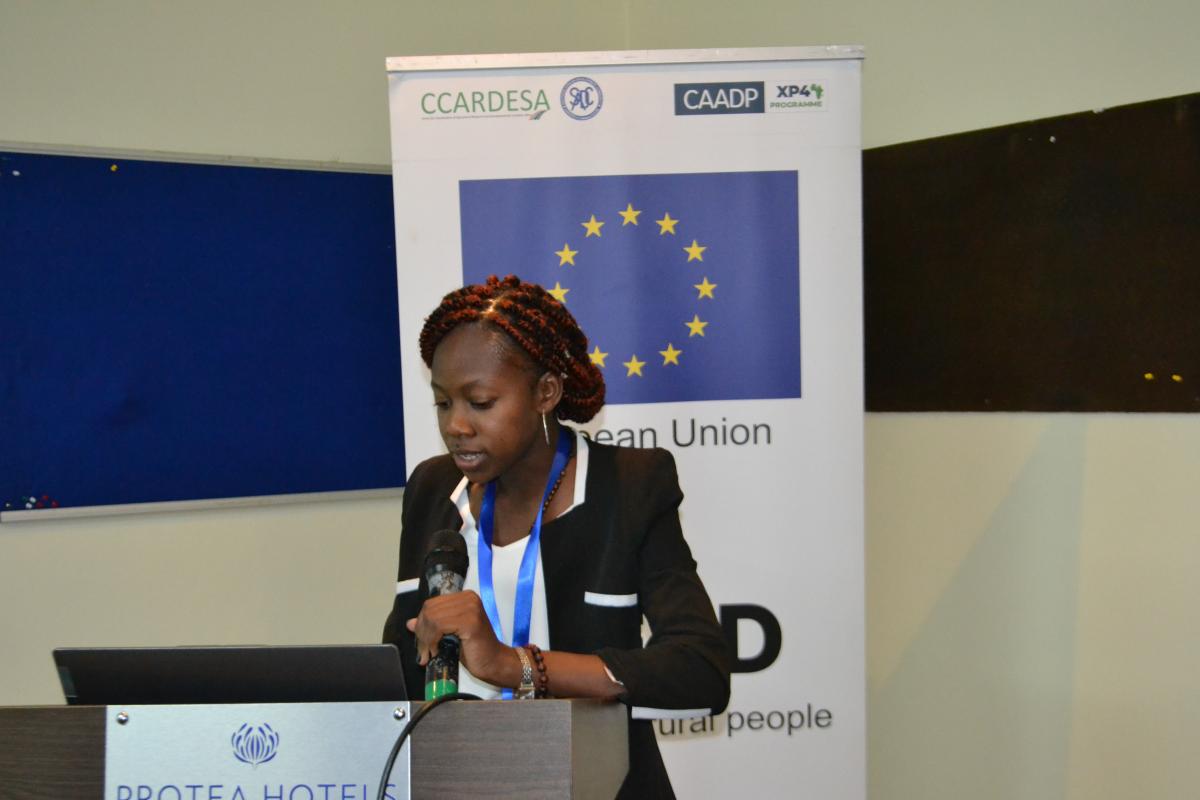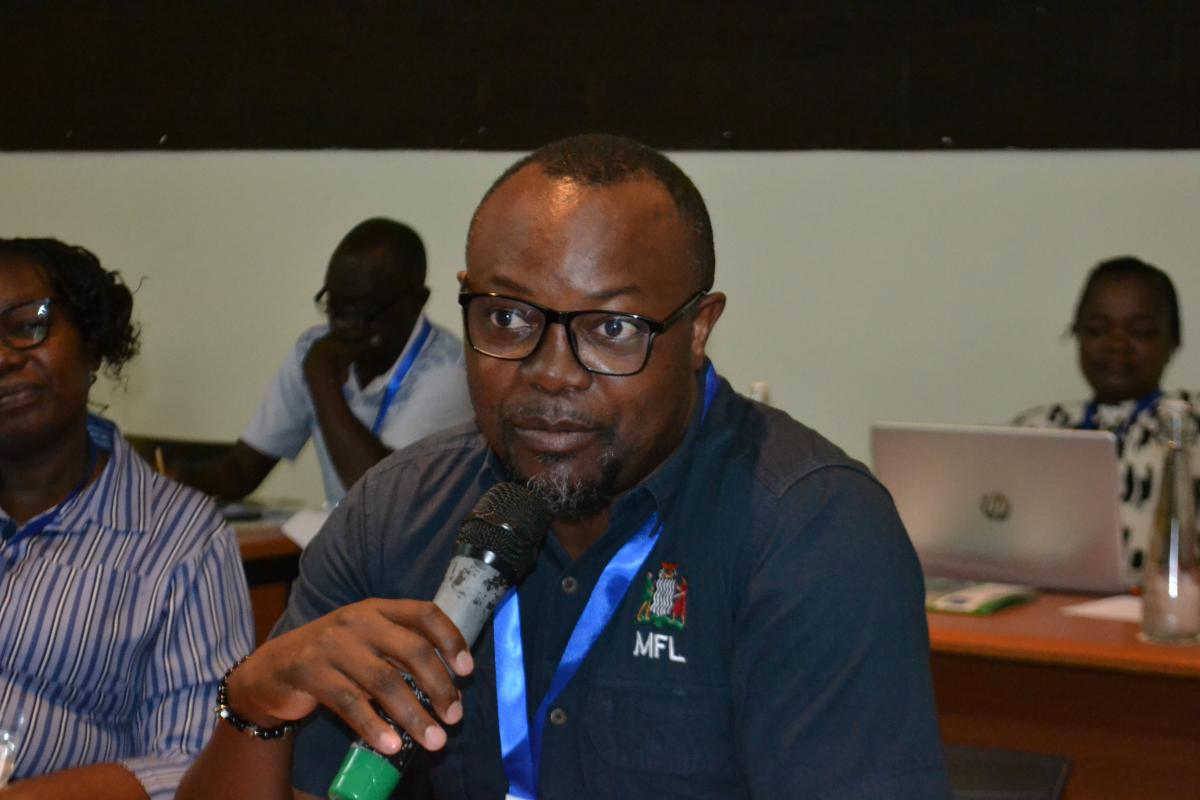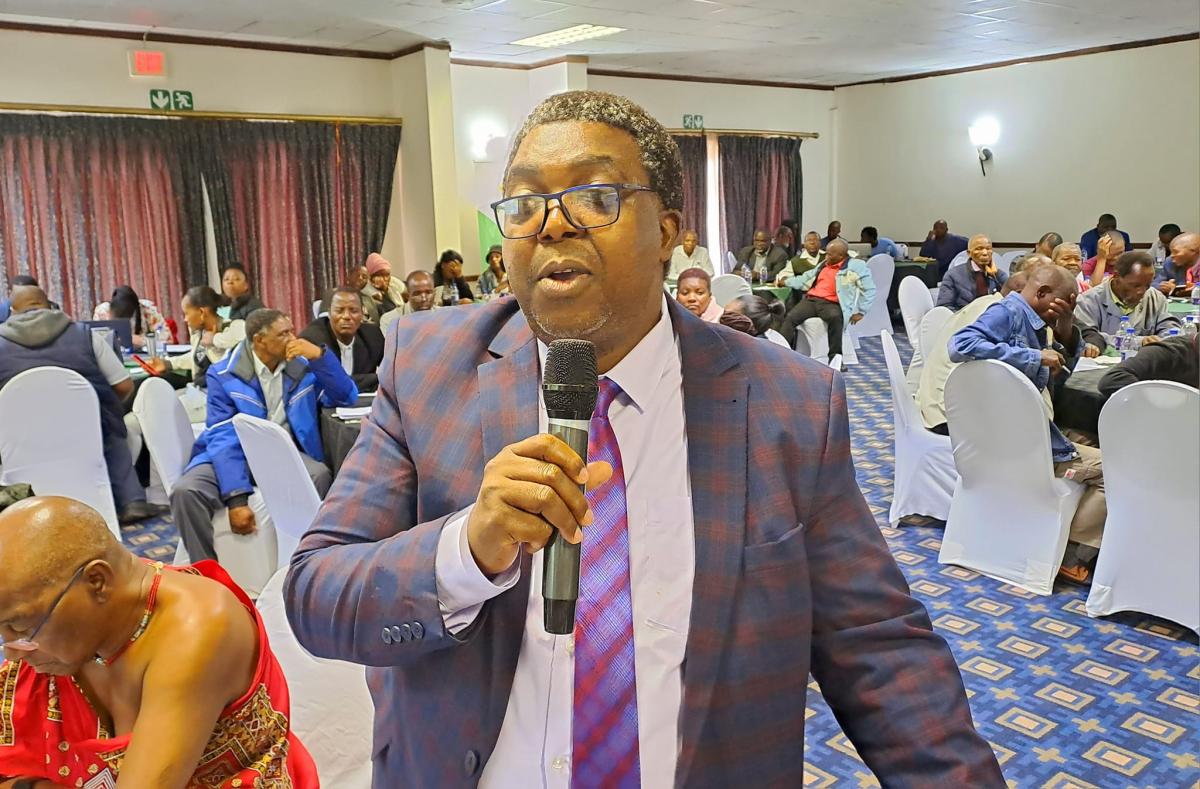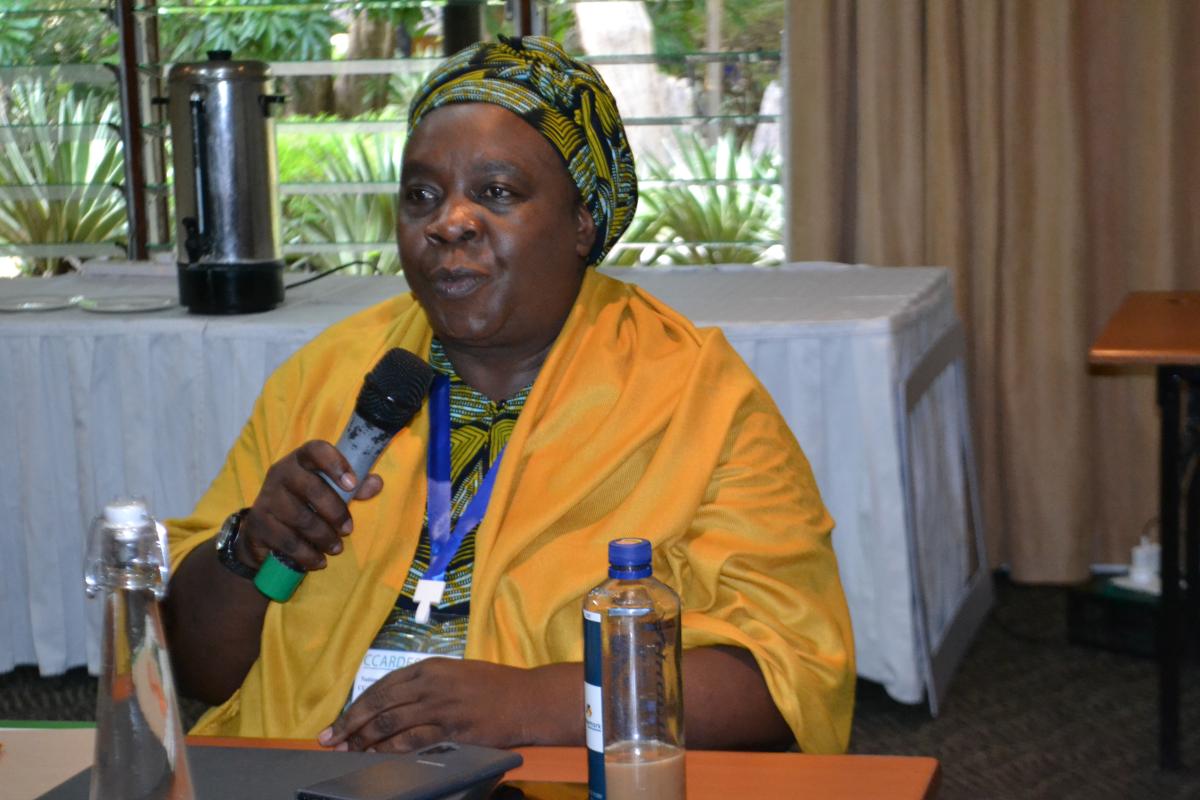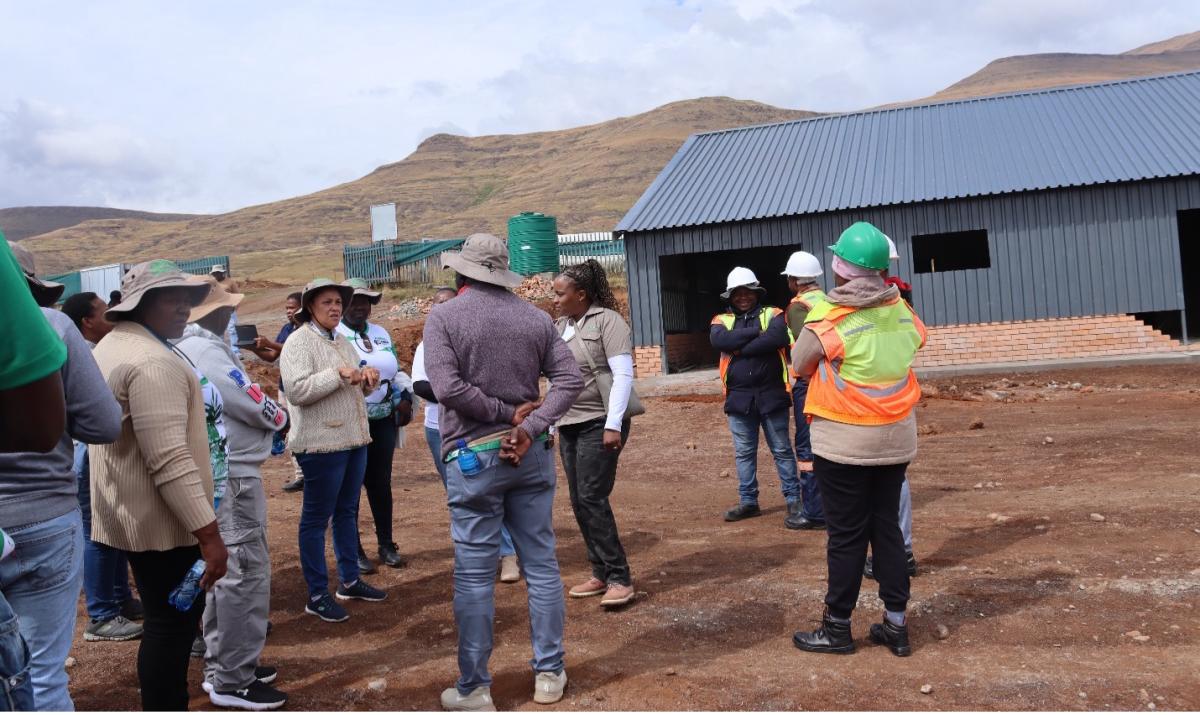Biodiversity Community Network (BCN) project-Zambia
Biodiversity Community Network (BCN) project promoted landrace crops and varieties that are drought tolerant, and resistant to common pests and diseases, which also survive in the harsh environment and heat stress of the Zambezi-Gwembe valley and the Luangwa valley. The crops that the project focused on were Sorghum, Pearl millet, Cowpea, Bambara groundnut, Cassava and Sweet potatoes.
Mountainous plateaux
Torrential rainfall
Indicative drought resistant
Zambia 2016. Biodiversity Community Network (BCN) project-Zambia.


